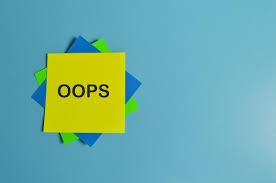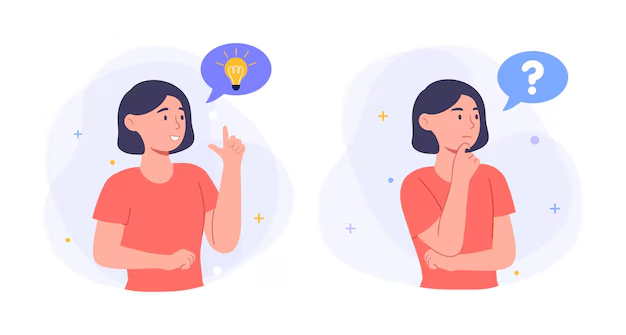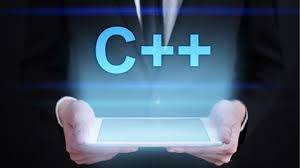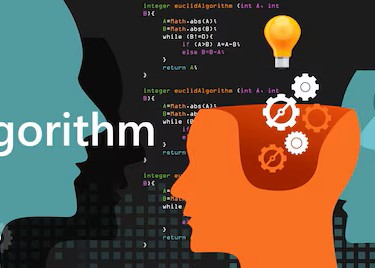About the course
In this course, you will learn about the components of a computer which includes Memory, processor, input and output devices along with storage and operating system. You will also understand the concept of assembler, compiler, interpreter, loader, and linker. Then you will be introduced to algorithms and flowcharts which includes representation of an algorithm, flowchart, along with the concept of pseudo code and its examples, converting algorithms to programs and writing source code.
After that, you will learn about the basics of programming which includes the structure of a C program, how to write and execute a C program. In addition to this, you will learn about the various types of errors such as logical errors and syntax errors. You will also learn about the components of the C language, variables, data types, memory locations, and storage classes. Then you will learn about arithmetic operators and their precedence, if-else, switch-case statements, for loop, while and do-while loops, break and continue statements. You will also learn about functions, arrays, basic searching and sorting algorithms in detail. The course will conclude with detailed coverage of pointers and file operations in C.
Learning Outcomes
After completing this course, you will be able to:
- Develop simple algorithms for arithmetic and logical problems.
- Translate the algorithms to programs in C language and execute them.
- Implement conditional branching, iteration, and recursion.
- Decompose a problem into functions and synthesize a complete program using the divide and conquer approach.
- Use arrays, pointers, and structures to develop algorithms and programs.
- Boost your hireability through innovative and independent learning.
- Get a certificate on successful completion of the course.
Target Audience
The course can be taken by:
Students: Students: All students who are pursuing any technical/professional courses, and wish to enter application programming industry.
Teachers/Faculties: All computer science and engineering teachers/faculties.
Professionals: All working professionals from the IT industry.
Why learn Programming for Problem Solving?
Problem-solving refers to your ability to solve problems in an effective and timely manner without any impediments. Whether you are a student, a parent, a businessperson, or the president of any country, you face problems every day that needs solving. For all these things, problem-solving is really really important. Especially when it comes to programming, problem-solving is the must. If you do not develop sound problem-solving skills, you will end up messing around with a given problem, and you would not be able to obtain a solution for ages.
Course Features
- 24X7 Access: You can view lectures as per your own convenience.
- Online lectures:10 hours of online lectures with high-quality videos.
- Updated Quality content:> Content is latest and gets updated regularly to meet the current industry demands.
Test & Evaluation
There will be a final test containing a set of multiple choice questions. Your evaluation will include the scores achieved in the final test.
Certification
Certification requires you to complete the final test. Your certificate will be generated online after successful completion of course.
Topics to be covered
UNIT-I
Introduction to Computer Systems; Data representation: Number systems, character representation codes, Binary, hex, octal codes and their inter conversions. Binary arithmetic, Floating point arithmetic, signed and unsigned numbers IEEE standards,CPU organization, ALU, registers, memory, the idea of program execution at micro level. Concept of computing, contemporary Operating Systems such as DOS, Windows, UNIX etc. (only brief user level description). Introduction to organization and architecture of mainframe, mini and micro systems.
UNIT-II
Concept of flow chart and algorithm; Algorithms to programs: specification, top-down development and stepwise refinement ,Introduction to the design and implementation of correct, efficient and maintainable programs, structured Programming,,Use of high level programming language for the systematic development of programs, programmability and programming languages, Object codes, compilers. Introduction to the Editing tools such as vi or MS-VC editors.
UNIT-III
C: Data types, Identifiers, Storage class, Constant, Operators, expression, Statements, console I/O statements, Selection statements: if-else, switch, Iteration Statements: for, while, do-while, Jump statements: return, go to, break, continue, comments. Function, Call by value, Call by reference, arguments to main(), return statements, recursion, function prototypes, , preprocessor directives.
UNIT-IV
Arrays: Single dimensional arrays, two dimensional arrays, multidimensional arrays, variable length arrays. Strings, array of strings. Structures: array of structures, passing structure to function, structure pointers, structure within structures. Unions, bit fields, enumerations.
UNIT-V
Pointers: pointer variables, pointer operator, pointer expression, array of pointers, multiple indirection, pointers to functions, dynamic allocation functions. File I/O : Streams and files, file system basics, fread, fwrite, fseek, random access I/O, fprintf(), fscanf(), standard streams.





